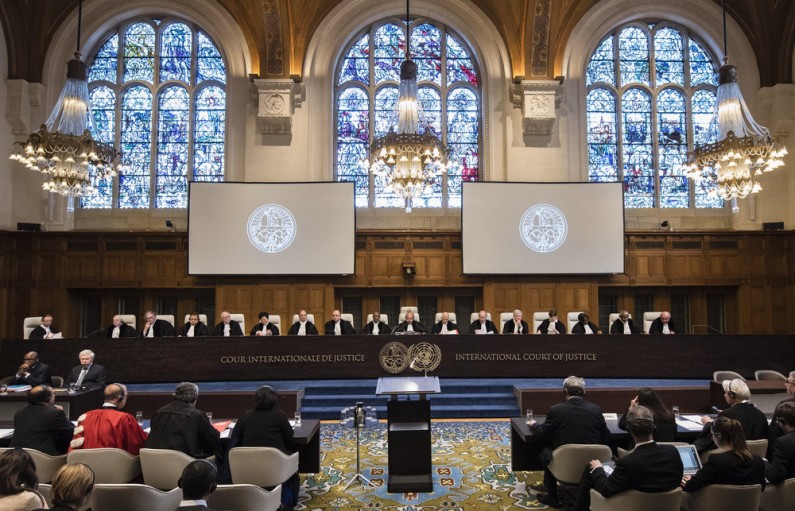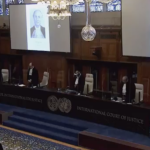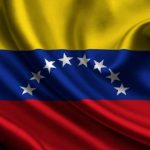
The Government of Guyana, through the Foreign Affairs Ministry, today announced that Guyana has submitted its Memorial of Jurisdiction to the International Court of Justice in the case brought against the Bolivarian Republic of Venezuela.
Guyana wants the Court to confirm, in a final and binding judgment, the full legal validity of the arbitral award that established the international boundary between Guyana and Venezuela more than a century ago.
In the statement, the Ministry of Foreign Affairs said Guyana filed its Memorial in accordance with the Order of the Court dated 19 June 2018 that determined it would first resolve the question of the Court’s jurisdiction in light of Venezuela’s refusal to participate in the proceedings based on its claim that the Court lacks jurisdiction.
Guyana prepared its Memorial bearing in mind the Court’s instruction that it should be informed of all the legal and factual grounds on which the parties rely in the matter of its jurisdiction.
The Ministry said Guyana’s submission sets out how the boundary with Venezuela was established by an arbitral tribunal constituted pursuant to a treaty concluded by Venezuela and Great Britain in 1897.
“Venezuela accepted this unanimous award, which was rendered by five eminent jurists on 3 October 1899, celebrated its outcome, participated in a joint commission to demarcate the boundary on the ground, and insisted on the award’s strict implementation. Only decades later did Venezuela, in anticipation of Guyana’s independence, cease recognizing the award’s validity and binding nature, using that pretext to lay claim to more than two-thirds of Guyana’s territory”, the statement said.
Guyana’s Memorial shows there is no foundation to Venezuela’s contention that the means of settlement listed in Article 33 of the UN Charter must be selected by the Secretary-General successively, such that the means listed ahead of judicial settlement have to be exhausted before recourse to the Court can be chosen.
It said “nothing in the text of Article IV of the Geneva Agreement, which provides a menu of options, not a predetermined sequence, supports Venezuela’s interpretation. Nor is Venezuela correct in arguing that, as it has recently asserted, the controversy must be resolved exclusively by friendly negotiations, a claim that is belied by the express terms of the Geneva Agreement and contemporaneous statements by the parties during its negotiation and ratification”.
The Foreign Affairs Ministry noted that Guyana has no doubt that the Court has jurisdiction to resolve the controversy that has plagued its relations with Venezuela and undermined its ability to develop its sovereign territory and natural resources.











You must be logged in to post a comment Login